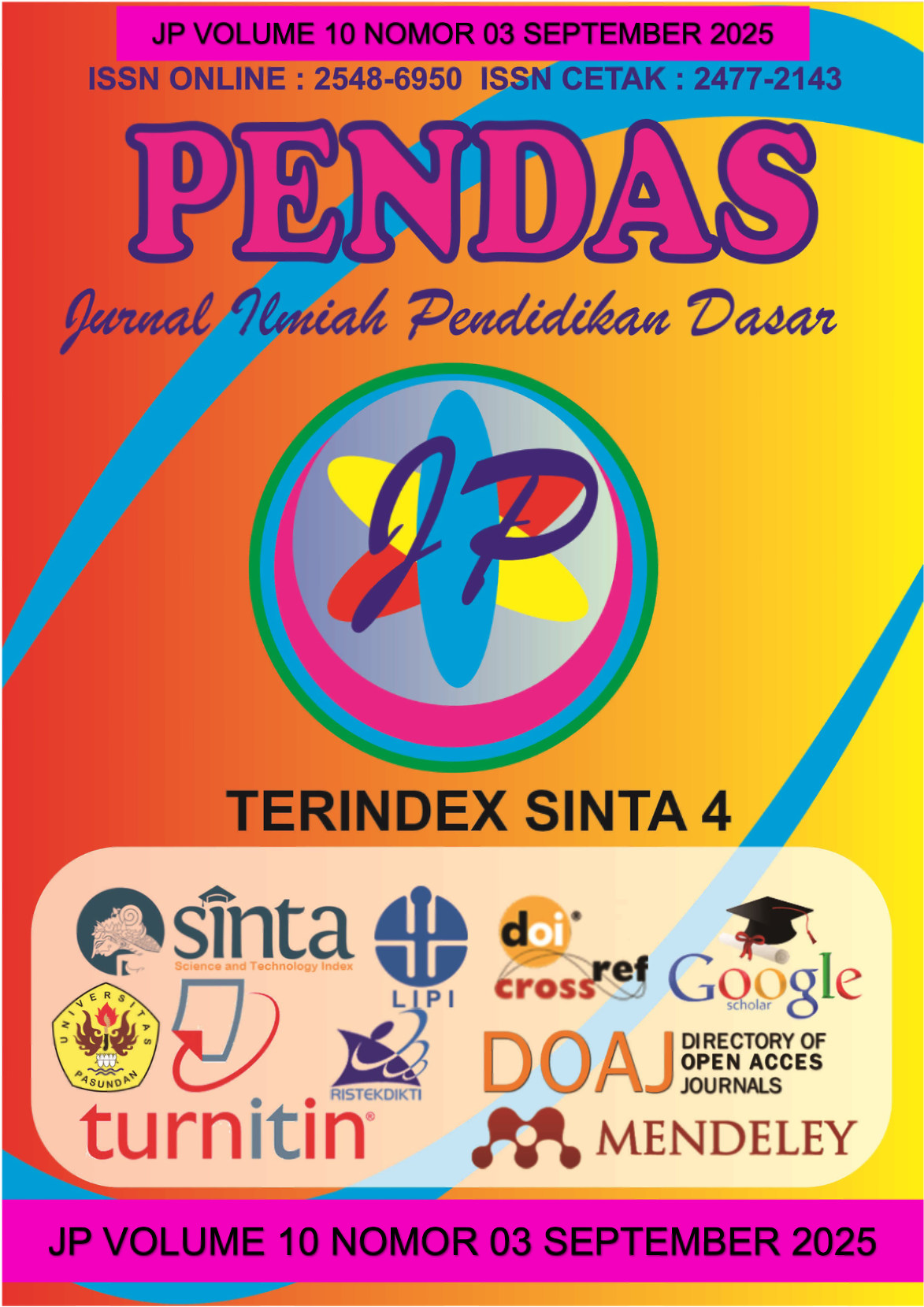PENGARUH EFISIENSI, KEAMANAN, DAN MINAT PENGGUNAAN QRIS TERHADAP INKLUSI KEUANGAN MAHASISWA UNIVERSITAS INSAN BUDI UTOMO
DOI:
https://doi.org/10.23969/jp.v10i03.33426Keywords:
Efficiency, Security, Interest, QRIS, Financial InclusionAbstract
This study aims to test and analyze the Efficiency, security and interest in using
QRIS towards financial inclusion of students at Insan Budi Utomo University. This
study is a descriptive quantitative study by distributing questionnaires through
Google forms as a method of data collection. The sample in this study was 100
respondents, namely students at Insan Budi Utomo University who transacted using
QRIS. The data analysis technique used SPSS ver 25. The results of the study
showed an R-Square (R ^ 2) value of 0.551, which means that all independent
variables in this study, namely efficiency, security and interest in using QRIS, have
a joint contribution, namely 55.1% in the variables efficiency (X1), security (X2),
interest in use (X3) and financial inclusion (Y), while the remaining 44.9% is
influenced by other exogenous variables not used in this study. Hypothesis testing
shows that the efficiency of the QRIS non-cash payment system has a positive and
significant effect on student financial inclusion, security has no effect on financial
inclusion with a sig value of 0.110> 0.05, Interest in using QRIS has a positive and
significant effect on student financial inclusion, Efficiency, security and interest have
a simultaneous effect on student financial inclusion with a calculated f value of
41.490 with a smaller F table value of 2.698 (41, 490> 2.698) with a significance
level of 0.000 <0.05 meaning Ho is rejected and Ha is accepted.
Downloads
References
Afandi, A., Rukmana, L., & R, W. W.
(2022). Efektivitas dan Efisiensi
Sistem Pembayaran Non Tunai
Quick Response Indonesian
Standard (QRIS) dalam
Mempengaruhi Inklusi
Keuangan Mahasiswa. BanKu:
Jurnal Perbankan dan
Keuangan, 3(2), 73–83.
https://doi.org/10.37058/banku.
v3i2.5823
Hanifah, T. R., & Mukhlis, I. (2022).
PENGARUH EFEKTIVITAS,
HEDONIS, KEMANFAATAN,
DAN KEPERCAYAAN
TERHADAP MINAT
MAHASISWA UNIVERSITAS
NEGERI MALANG
MENGGUNAKAN LAYANAN
SHOPEEPAY: PENDEKATAN
TECHNOLOGY
ACCEPTANCE MODEL.
Lonardi, H., & Legowo, N. (2021).
Analysis of Factors Affecting
Use Behavior of QRIS Payment
System in DKI Jakarta.
Qonitat Nur. (2023). PENGARUH
KEPERCAYAAN, EFISIENSI,
KEAMANAN, BUDAYA DAN
PROMOSI TERHADAP
KEPUTUSAN PENGGUNAAN
PEMBAYARAN ELEKTRONIK
QRIS PADA MAHASISWA UIN
PROF K.H. SAIFUDDIN ZUHRI
PURWOKERTO.
Qonitat nur. (2023). PENGARUH
KEPERCAYAAN, EFISIENSI,
KEAMANAN, BUDAYA DAN
PROMOSI TERHADAP
KEPUTUSAN PENGGUNAAN
QRIS PADA MAHASISWA UIN
SAIZU PURWOKERTO.
Sunarya, M. E., Ridwan, M., Fadhilah,
N., & Putri, N. P. (2024).
PENGARUH PENGGUNAAN
TRANSAKSI QRIS
TERHADAP GENERASI
MILENIAL.
Wirda Seputri, Andri Soemitra, Nur
Ahmadi Bi Rahmani. (2023).
Pengaruh Technolgy
Acceptance Model terhadapMinat Mahasiswa
Menggunakan Quick
Response Code Indonesian
Standard (QRIS) sebagai
Cashless Society.
Zai, V. A. L., Harefa, I., Bu’ulolo, N. A.,
& Telaumbanua, A. (2023).
Analisis Peran Teknologi
Finansial dan Literasi
Keuangan Dalam
Meningkatkan Akses Inklusi
Keuangan Pada UKM di Kota
Gunungsitoli.
Downloads
Published
Issue
Section
License
Copyright (c) 2025 Pendas : Jurnal Ilmiah Pendidikan Dasar

This work is licensed under a Creative Commons Attribution 4.0 International License.














































